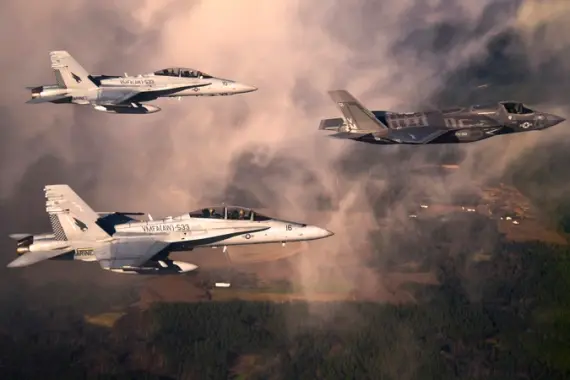
Military carbon
Climate change can teach us a critical lesson about security. Carbon emissions do not recognise borders. It is not possible for any nation to shield itself from the effects of climate change using tanks or fighter jets. The only way to tackle the climate emergency is through global cooperation. Demilitarisation and peace are the best and perhaps the only ways to ensure that humanity has the capacity and resilience to respond to this crisis.
Highlights
-
the richest countries spent $9.45 trillion on their militaries between 2013 and 2021 compared with an estimated $234bn on climate finance – in other words, they have spent 30 times as much on the military as climate finance.
-
the military spending of many rich countries is already way out of proportion to any real or perceived threat. NATO member states, for example, already spend 17 times as much on the military as Russia
-
One estimate calculates that military emissions may make up 5.5 percent of global emissions.
AI generated version
Climate Change and the Critical Lesson About Security
Climate change is a global problem that requires global cooperation. Unlike traditional security threats, carbon emissions do not respect borders. This means that no nation can shield itself from the impacts of climate change through military might. Instead, demilitarization and peace are the only ways to ensure that humanity has the capacity and resilience to respond to this crisis. Unfortunately, the world’s richest countries have spent 30 times more on their militaries than climate finance between 2013 and 2021, with NATO member states spending 17 times as much as Russia. Additionally, military emissions may account for as much as 5.5% of global emissions. It is time for world leaders to recognize that the best way to address the climate emergency is through cooperation, not conflict. The lesson of climate change is clear: we must work together to create a more sustainable and peaceful world.